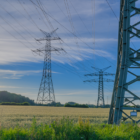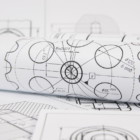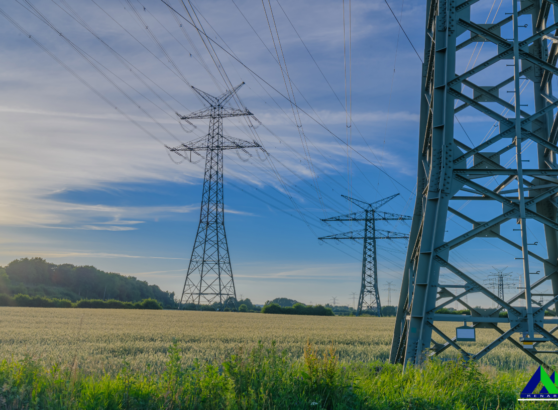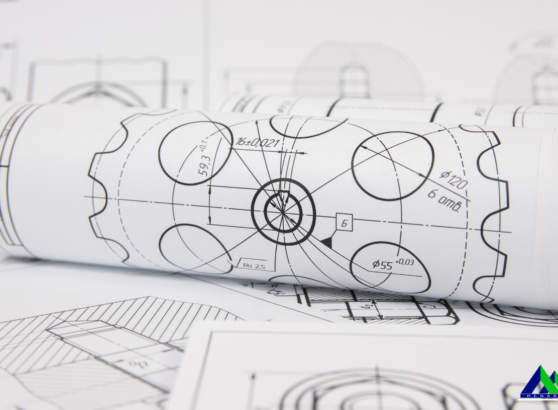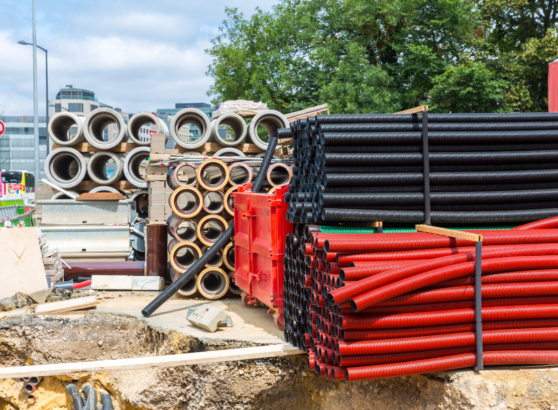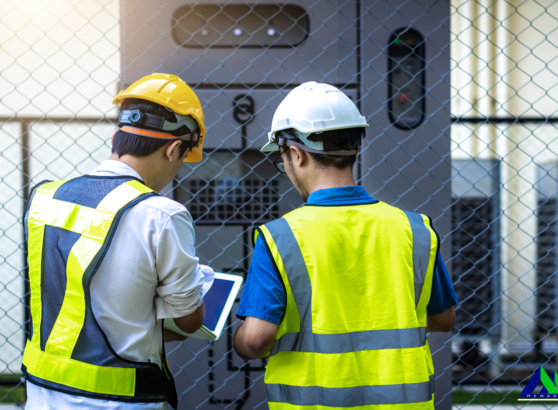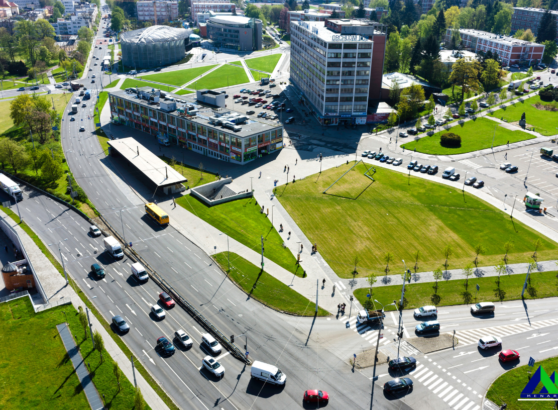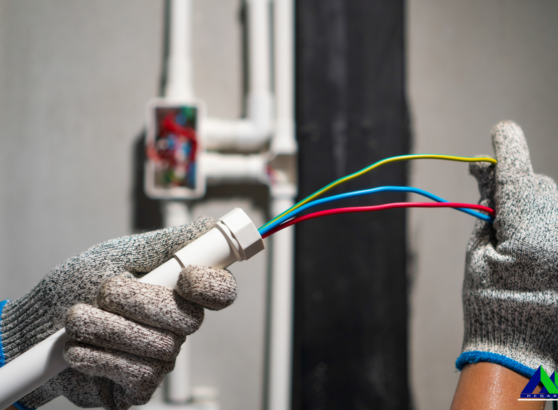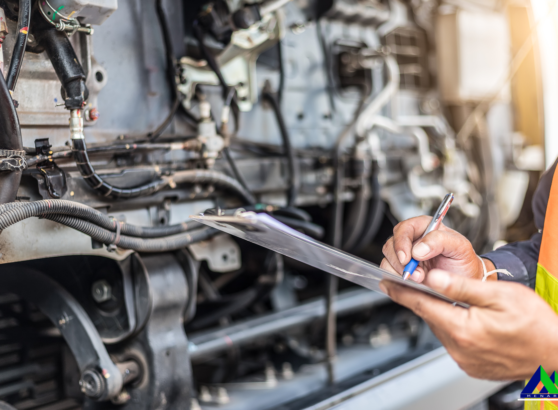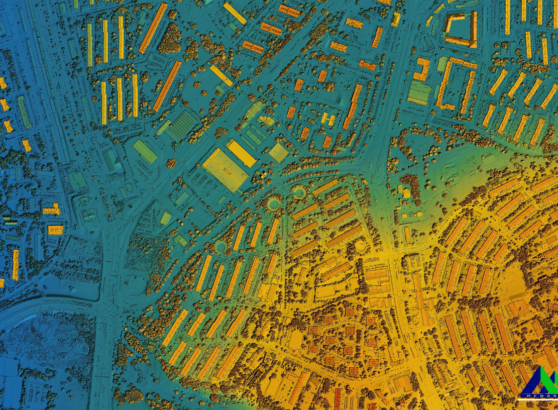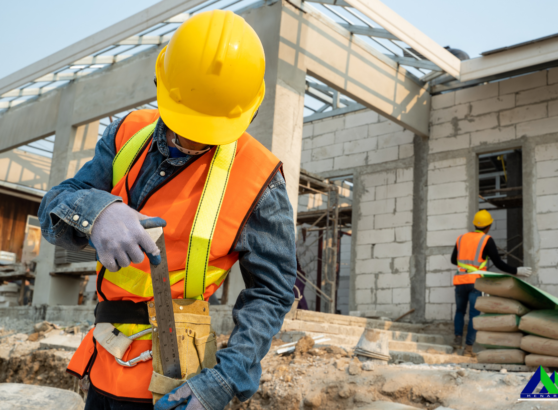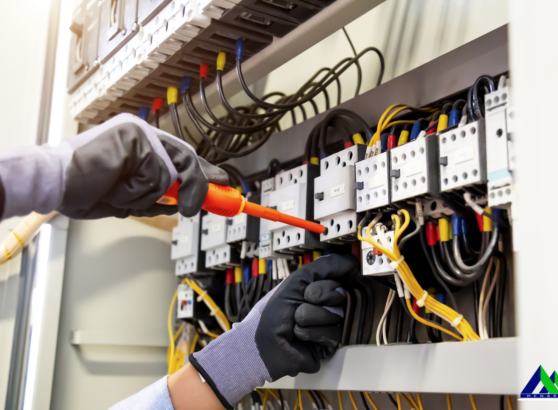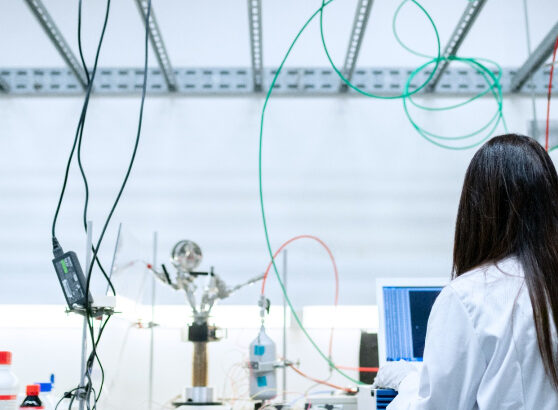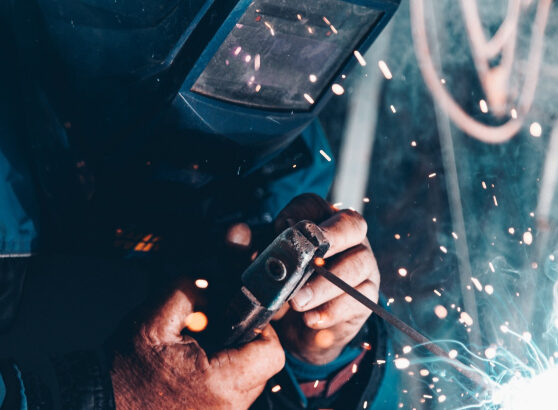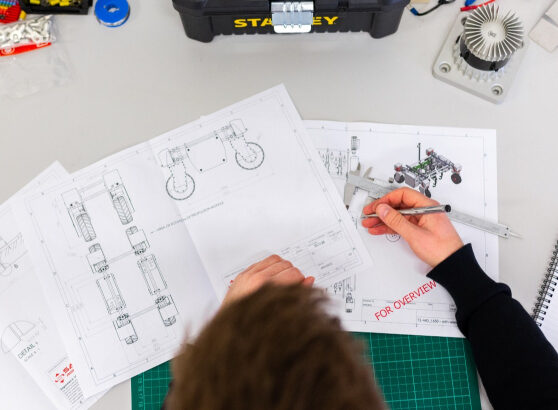In Brunei Darussalam, a small but prosperous nation on the island of Borneo, the engineering sector plays a crucial role in driving economic development and infrastructure growth. As the country continues to advance, there is an increasing focus on Health, Safety, and Environment (HSE) practices within its engineering fields. This article explores the current state of HSE in Brunei’s engineering sector, highlighting key initiatives, challenges, and future directions.
The Importance of HSE in Brunei’s Engineering Landscape
Brunei’s engineering sector encompasses various fields, including oil and gas, construction, manufacturing, and infrastructure development. In each of these areas, HSE is of paramount importance for several reasons:
- Worker Protection: Ensuring the safety and health of workers in high-risk environments is a top priority.
- Environmental Preservation: As a country rich in natural resources, Brunei is committed to sustainable development and environmental protection.
- Regulatory Compliance: Adherence to local and international standards is crucial for Brunei’s global competitiveness.
- Economic Stability: Effective practices contribute to the stability and longevity of Brunei’s key industries.
Current HSE Initiatives in Brunei’s Engineering Sector
Brunei has implemented several initiatives to strengthen practices:
- Regulatory Framework: The Safety, Health and Environment National Authority (SHENA) was established to oversee and enforce regulations across industries.
- Industry-Specific Guidelines: Tailored guidelines have been developed for different engineering fields, with a particular focus on the oil and gas sector.
- Training and Certification: Mandatory training programs and certifications have been introduced for workers in high-risk industries.
- Technology Integration: The adoption of advanced technologies for monitoring and managing HSE risks is being encouraged.
- Green Building Standards: In the construction sector, there is a growing emphasis on sustainable and eco-friendly building practices.
Challenges in Implementing HSE Practices
Despite progress, Brunei’s engineering sector faces several challenges in implementation:
- Cultural Shift: Transitioning from traditional practices to a strong safety culture requires ongoing effort and education.
- Resource Allocation: Smaller companies may struggle with the financial and human resource requirements of comprehensive programs.
- Skill Gap: There is a need for more local expertise in specialized roles and technologies.
- Balancing Development and Sustainability: Reconciling rapid development with environmental preservation remains an ongoing challenge.
Future Directions for HSE in Brunei’s Engineering Fields
Looking ahead, several key areas are likely to shape the future of HSE in Brunei’s engineering sector:
- Digitalization: The integration of digital technologies, such as IoT sensors and AI-powered risk assessment tools, is expected to enhance management.
- Renewable Energy Focus: As Brunei diversifies its economy, there will be an increased emphasis on HSE practices in renewable energy projects.
- International Collaboration: Partnerships with global leaders will help Brunei adopt best practices and stay at the forefront of HSE innovation.
- Education and Research: Investing in local education and research will be crucial for developing homegrown expertise.
- Climate Change Adaptation: Engineering projects will need to incorporate considerations related to climate change impacts.
Case Study: HSE in Brunei’s Oil and Gas Industry
The oil and gas industry, a cornerstone of Brunei’s economy, provides a prime example of practices in action. Brunei Shell Petroleum (BSP), the country’s largest oil and gas company, has implemented a comprehensive management system that includes:
- Regular safety drills and emergency response training
- Stringent environmental monitoring and protection measures
- Advanced process safety management systems
- Ongoing employee health and wellness programs
These initiatives have contributed to a significant reduction in workplace incidents and environmental impacts, setting a benchmark for other industries in the country.
Conclusion
As Brunei continues to develop its engineering sectors, the focus on Health, Safety, and Environment remains critical. The country has made significant strides in implementing robust HSE practices, particularly in high-risk industries like oil and gas. However, challenges remain in fostering a pervasive safety culture and balancing rapid development with environmental sustainability.
The future of HSE in Brunei’s engineering fields looks promising, with increasing adoption of advanced technologies, a growing focus on sustainability, and ongoing efforts to develop local expertise. By maintaining its commitment to HSE excellence, Brunei is not only protecting its workforce and environment but also positioning itself as a responsible and competitive player in the global engineering landscape.
As the country moves forward, the continued evolution of HSE practices in its engineering sectors will play a crucial role in ensuring sustainable growth, worker safety, and environmental protection – just as it’s counterparts worldwide. This holistic approach to HSE will be essential in supporting Brunei’s vision for a diversified, resilient, and sustainable economy.


